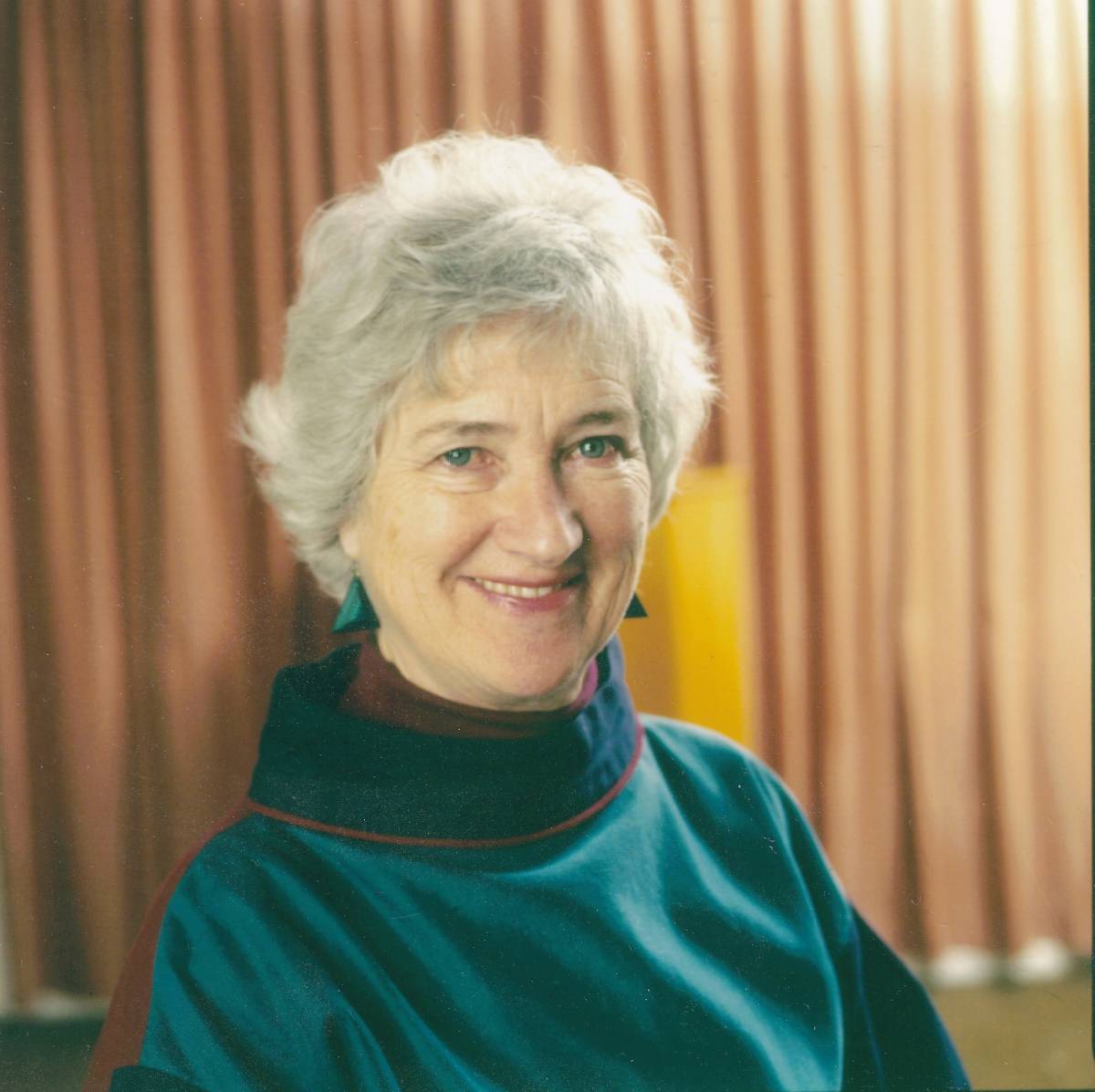Physio Ellie Kinnear hopes a new book will improve the lives of people with neurological conditions
In an exclusive PhysioUpdate Q&A, physiotherapist Ellie Kinnear outlines the aims of a unique book that she and her colleagues wrote to highlight ways to improve the quality of life for people with neurological conditions in the community. Editor Ian A McMillan poses the questions
Q. What prompted you to edit and co-author MAKING A DIFFERENCE?
I and my fellow authors from, lengthy, hard, and sometimes bitter, experience, know there are ways and means to make things better, much better, for all those with neurological conditions, their families and their carers.
Through long experience, I know that people are much more disabled than they need to be and that this impinges on the lives of their family and on the community, where the key is helping people to know how to help themselves.
There are many examples in the book of how improvements can be made – organisationally, medically and socially – but no one is putting it together, explaining it and publicising it. This is what prompted us to write MAKING A DIFFERENCE: Integrated Ongoing Neurological Support in the Community.
In a large section of the book, 19 individuals – those with neurological conditions and carers – describe their experiences and how they benefited from the integrated support in the community that is provided by the medical charity Integrated Neurological Services (INS), which operates in the London boroughs of Hounslow and Richmond. Other important chapters cover advances in rehabilitation, how issues can be addressed and summarise best practice based on lessons gained from experience.
The INS approach is to support the person and the family at holistically at the time of diagnosis until the end of life. The emphasis is on helping them to return to, or keep within, their community to improve or maintain as good a quality of life for all concerned.
What key messages are in the book for physiotherapists?
When people are discharged into the community with the help of social service carers, they need to be guided in how to help the person continue to improve and become more independent in the activities of daily living – being independent around the house. This will reduce the support that the statutory carers need to give their client. People with neuro conditions need to be supported to reach and maintain their potential for as long as possible.
This approach saves money for both the NHS and social services. Rehabilitation needs to start immediately – especially to support the person in mind, body, and emotionally (spirit), and to help them know how to help themselves.
From a physiotherapists' point of view, through three year’s research with a pedobarograph to improve standing balance for people with a recent stroke, I learnt
- how valuable it is to assess each person numerically with a battery of tests for sensation, muscle power, sensory perception, and mental function to then precisely know where the problems lay so that therapy could be directed appropriately. We were able to reassess where and what degree of progress was being made.
- through weight bearing on the affected side, especially through the heel of the foot, at times throughout the day, this stimulates the dorsi flexors and the hamstrings to be active by stretching the tight plantar flexors; likewise, through mobilising the upper limb by having the hands clasped with emphasis on weight bearing on the outstretched hands to put weight through the heel of the affected hand results in return of wrist extensors and extensors of the elbow experienced after 10 days (again by stretching the tight flexor muscles). The patients were taught how to relax normally throughout the day with weight at times through both feet, elbows or hands, or on the affected side, in order to encourage a good rhythm to the day.
- health record books are of great importance and are extremely useful to help the person and the family keep control of the situation by monitoring the date and type of any intervention, responses to medication and therapy, and any change in independence – all information useful for integrated care and support. MAKING A DIFFERENCE provides a professional medical assessment and description of such a book and examples of how useful they are in practice.
How can readers obtain copies of the book?
The book is independently published on Amazon and all proceeds from sales are donated to INS. We, the authors and editors, do not have the contacts or finances of an established publishing house and have just started our marketing. Contacts like this are of great importance to us and we ask you to spread the word and send the Amazon link to anyone you know involved in support and care of those with neurological conditions.
To book's ISBN is: 979-8842437788. To order a copy (price £12), click
Eleanor (Ellie) Kinnear is a chartered physiotherapist who gained her neurological experience through working in clinical practice on an acute medical ward and as a community physiotherapist gaining experience with people with learning difficulties at Queen Mary’s Hospital, Roehampton, and research, especially concerning stroke, Parkinson’s and learning difficulties.
She was a founder member of the Association of Chartered Physiotherapists in Neurology and the Association of Physiotherapists in Parkinson’s Europe.
Author: Edited by Ian A McMillanShare it with















